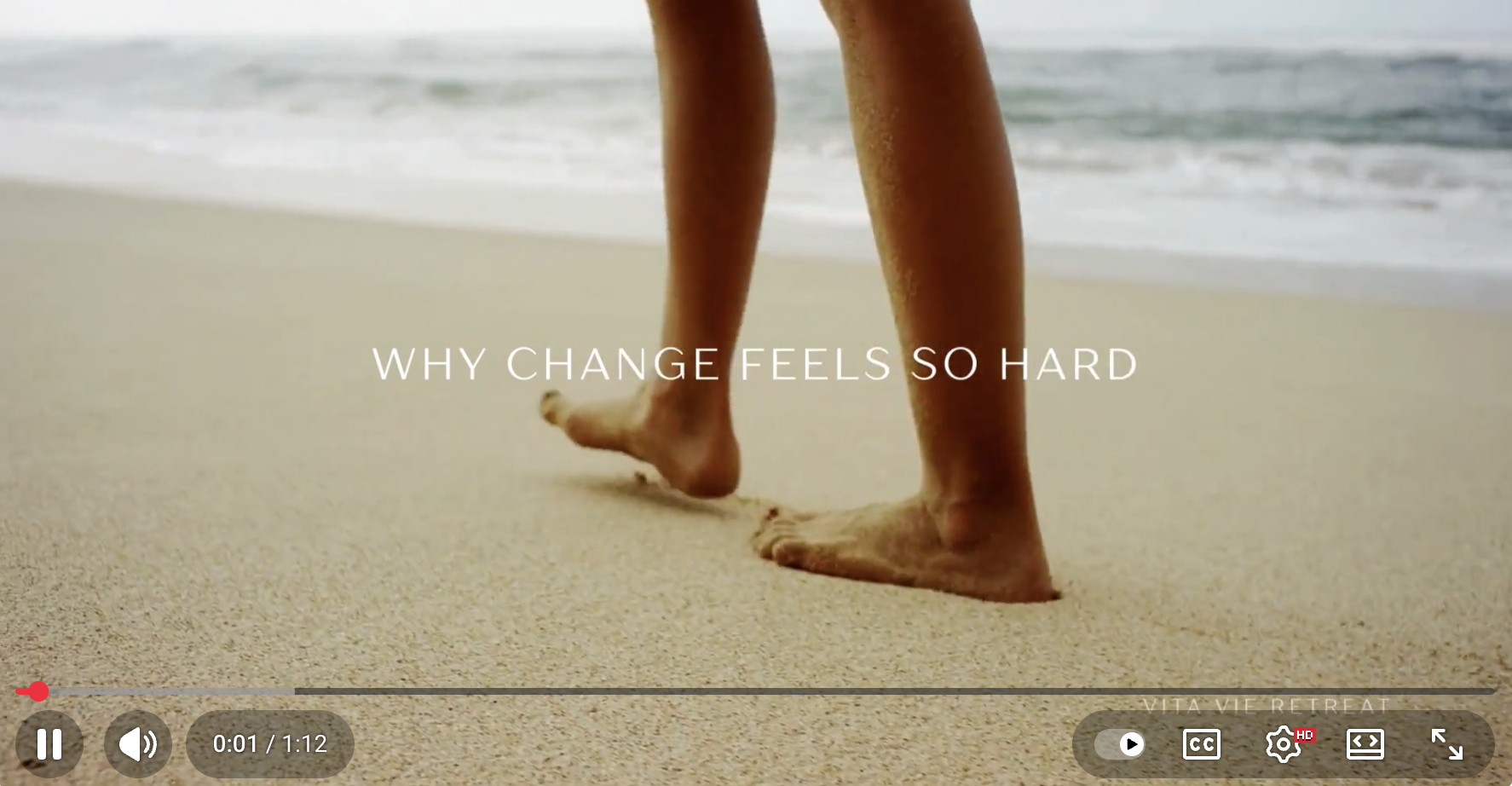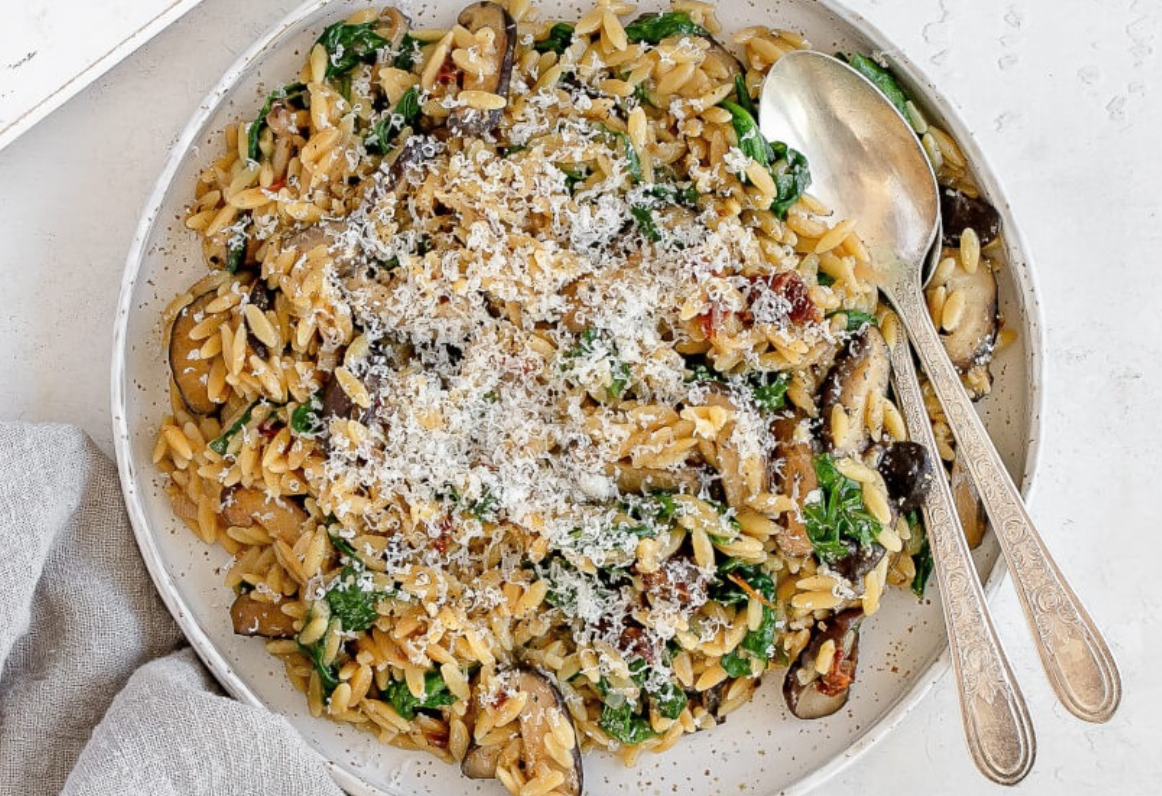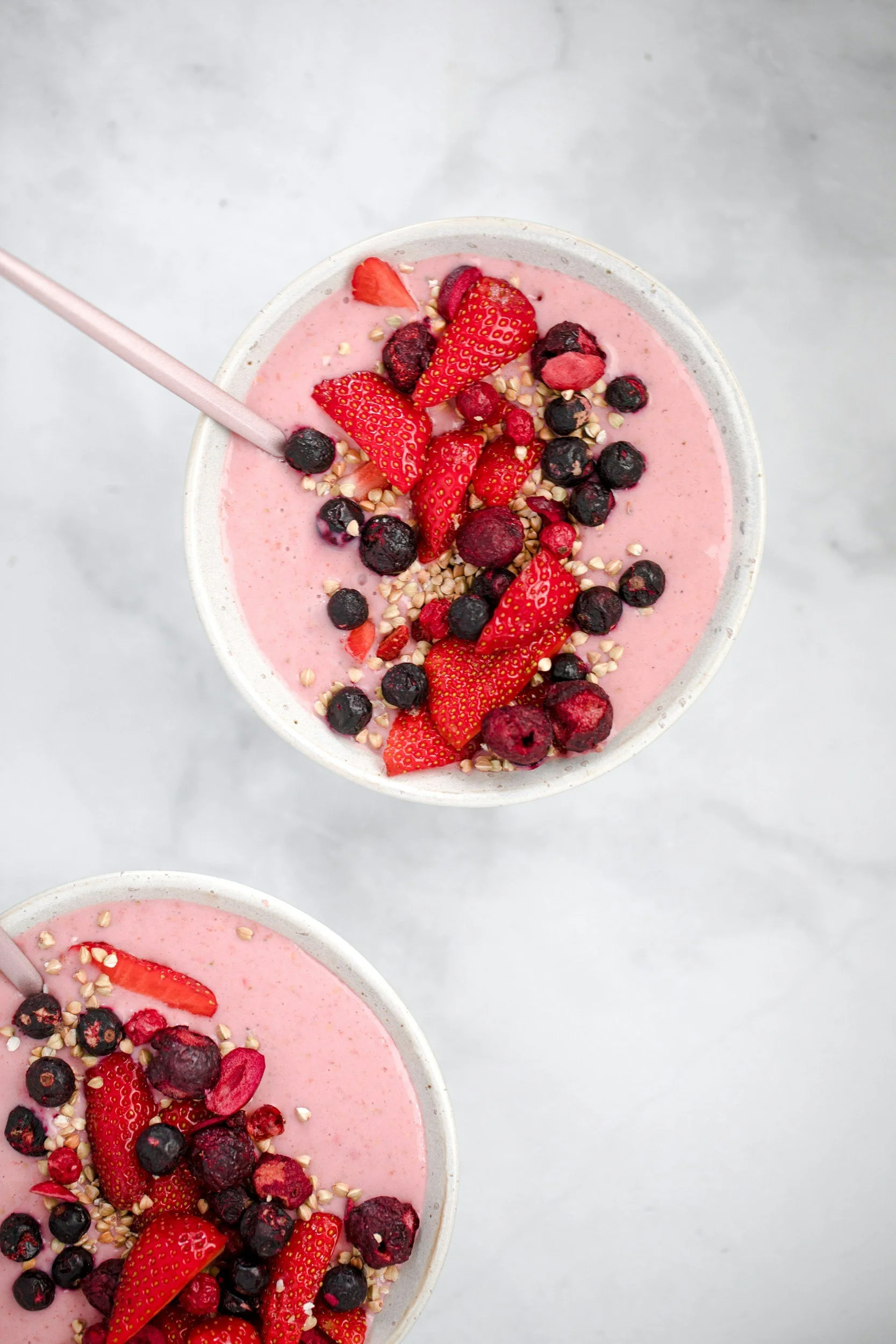Why Change Feels Hard — And How Neuroplasticity Can Help You Build New Habits
/Change can feel almost impossible sometimes. You decide to start a new habit — maybe it’s exercising regularly, improving your nutrition, or shifting your mindset — and almost immediately, it feels like you’re fighting against yourself. You procrastinate. You get distracted. You slip back into old patterns.
If this sounds familiar, take a deep breath: you’re not lazy or unmotivated. What’s happening is your brain, working exactly as it’s supposed to. Understanding this can transform the way you approach change — and help you stick with new habits for the long term.
Why Change Feels Hard: Your Brain’s Default Mode
Your brain is designed to conserve energy and keep you safe. That’s why familiar habits, routines, and thought patterns feel easy — your brain already knows the path. Every repeated action, thought, or behavior strengthens a neural pathway, making the habit automatic.
When you try something new, your brain doesn’t have a ready-made pathway. This new behavior feels uncomfortable, awkward, or even risky. It’s like walking across a shaky, unfamiliar bridge. Your brain naturally wants to pull you back to what’s safe.
This is where neuroplasticity comes in. Neuroplasticity is your brain’s ability to reorganize itself and form new neural connections. Every time you repeat a new action, thought, or habit, your brain is literally rewiring itself, creating stronger pathways that make the new behavior feel easier over time.
Where You Might Feel the Struggle
Neuroplasticity explains why change can feel tough in a variety of situations. Some common examples include:
Emotional eating: Your brain has learned to seek comfort in food. Trying a new coping mechanism can feel uncomfortable at first.
Giving up on a goal: Old patterns of quitting may be deeply ingrained. Trying to persist triggers familiar resistance.
Self-sabotage: Your brain may unconsciously revert to “safe” behaviors, even if they conflict with your goals.
Procrastination: Your default neural pathways favor short-term relief over long-term progress.
Distraction: It’s easier to drift toward familiar, easy stimulation than focus on something new.
Recognizing that these struggles are normal and neurobiologically expected can reduce frustration and self-blame. You’re not failing — your brain is simply adjusting to the new pathway.
Action Plan: How to Keep Choosing the New
Understanding neuroplasticity is powerful, but action is what creates change. Here’s a step-by-step approach to strengthen new habits and behaviors:
1. Get Clear on What You Want
Start by defining the change you want to see. Is it a habit, a mindset shift, or a behavior? The more specific you are, the easier it is for your brain to form a new pathway.
2. Choose One Action Step at a Time
Overloading your brain with multiple changes can create confusion and resistance. Pick one action step to focus on initially — for example, replacing a sugary snack with a healthy alternative, meditating for five minutes, or journaling daily. One small, consistent step is all your brain can manage effectively at first.
3. Repeat It Regularly
Repetition is the engine of neuroplasticity. Each time you take the new action, you strengthen the pathway. Daily practice, or as close to daily as possible, is essential for building lasting change.
4. Reinforce With Thoughts and Self-Talk
Your thoughts are part of your neural wiring too. Pair your actions with positive reinforcement:
“I am building a stronger, healthier habit.”
“Every small step matters.”
“I can do this even if it feels hard at first.”
This combination of action + thought reinforcement accelerates the formation of new neural pathways.
Watch to Learn How Neuroplasticity Creates Change
Additional Tips to Make Change Stick
Anticipate resistance: Expect your brain to pull you back to old habits. Plan for it, rather than feeling discouraged when it happens.
Celebrate small wins: Even tiny successes strengthen new pathways and boost motivation.
Be patient: Neuroplasticity takes time. Your brain is rewiring itself — lasting change is a marathon, not a sprint.
Visualize success: Imagining yourself completing the habit can help reinforce the pathway before you even take action.
Create cues: Use reminders, triggers, or environmental cues to make it easier for your brain to choose the new behavior.
The Big Picture
Change feels hard because your brain is doing its job — protecting you and following what’s familiar. But with understanding, patience, and consistent action, you can retrain your brain. Neuroplasticity allows you to gradually strengthen new habits, thoughts, and behaviors until they feel automatic.
Remember: every step counts. Even when it feels shaky, keep walking on that new bridge. Each step makes the path stronger, the bridge sturdier, and your confidence bigger. Over time, the change that once felt impossible becomes your new normal.
Your Next Step:
Choose one small habit or action step today. Repeat it consistently, pair it with encouraging thoughts, and give your brain the time it needs to form a new pathway. Change may feel hard now, but with practice and patience, your new path is forming beneath your feet.
More To Explore
Want to dive deeper? Here are a few resources to keep the momentum going:
📌 Related Posts
5 Anti-Inflammatory Meals to Support Your Health and Wellness
5 Anti-Inflammatory Breakfasts to Start Your Day
5 Blood Sugar Management Hacks to Boost Energy and Balance Your Health
Say hello To A BALANCED MIND
Shift your thoughts, rewire your brain, and build a balanced you inside and out with Mindset Momentum.
17 Total Modules + Fresh Monthly Educations and/or Challenges in the Mindset Lab
12 Core Modules with Tools + Educations from Confidence, Overcoming Resistance, and Positive Self Talk to Gratitude, Motivation, Learning From The Past, Reframing, and more.
Actionable tools accompany each module so you can truly create change.
Additional Modules for education and reflection including self-care.
Affirmation Collections
Wellness Meal Plans to Support Mood & Brain Health (additional meal plans added monthly)
The Mindset Lab - Fresh educations & challenges each month to keep you learning, growing and evolving.























